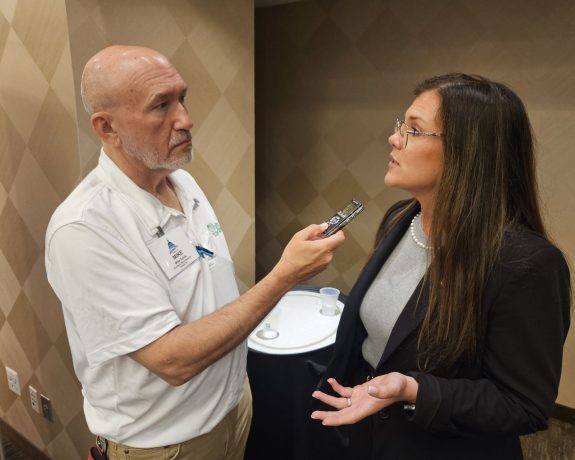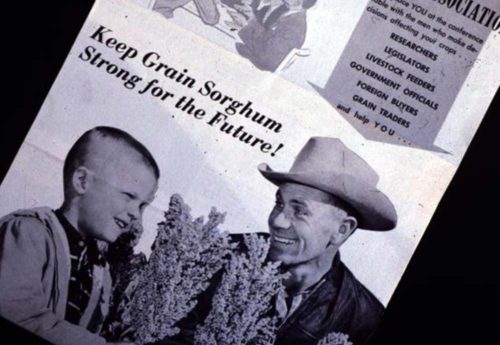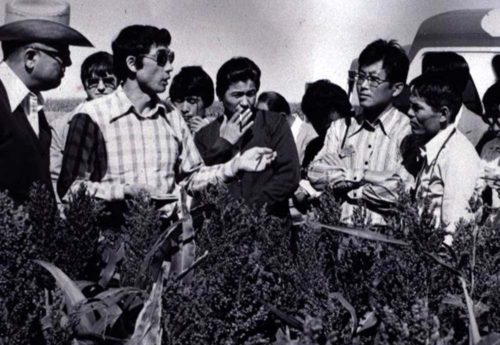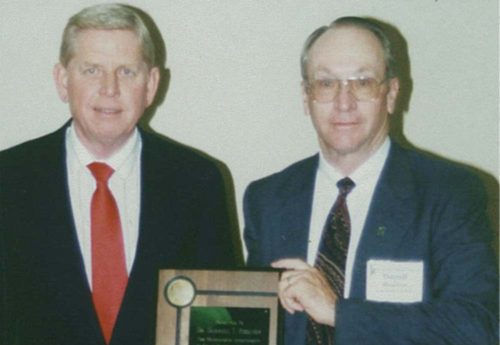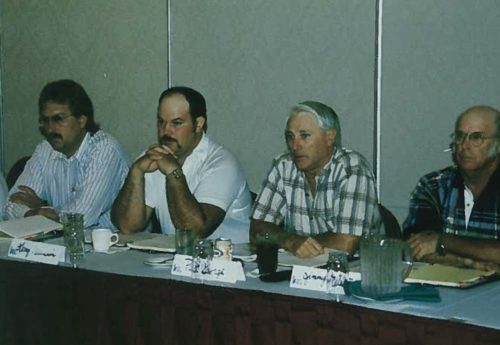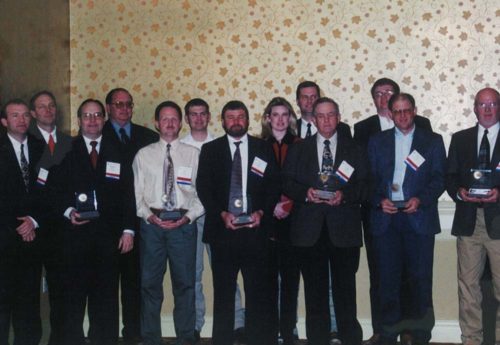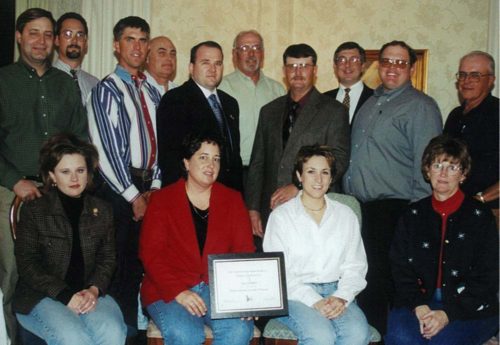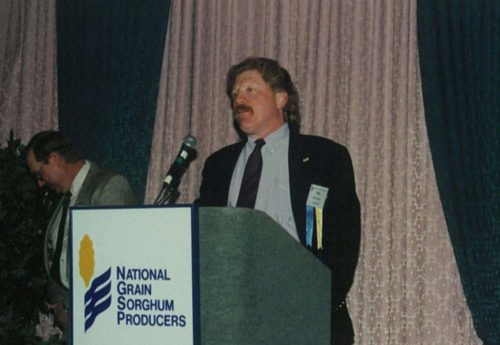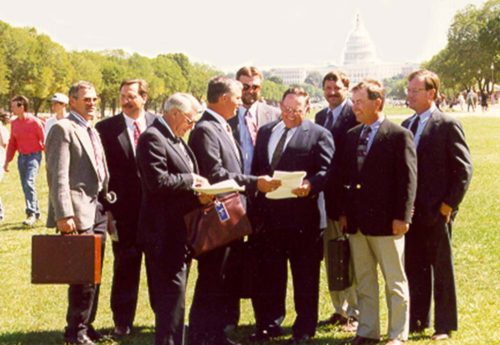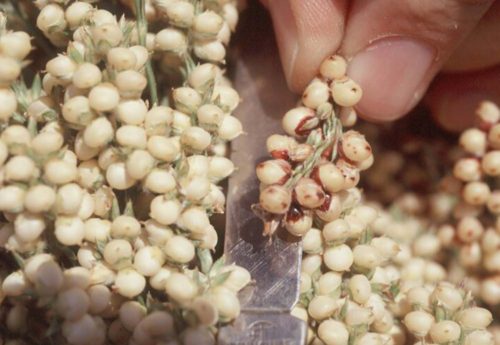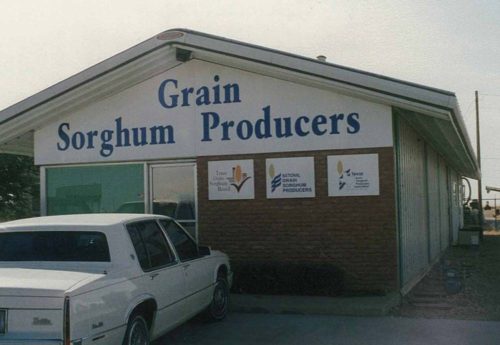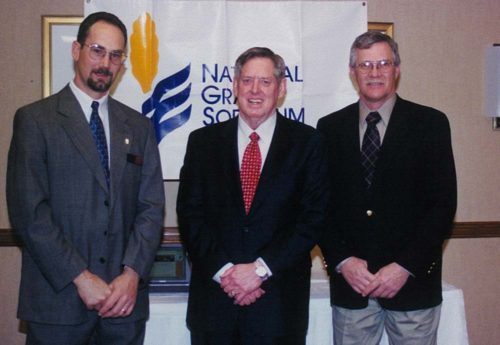Hard Work Pays Off
NGSP hired Cornerstone Government Affairs in April of 2001. In the last 10 years, federal funding for sorghum tripled from $2.7 million to $9 million. As the 2002 Farm Bill approached, NGSP asked its membership to vote on what was important for the future.
“To those that say, ‘It’s futile, my one vote doesn’t matter,’ just sit back and ask yourself, ‘If your one vote doesn’t matter, then whose does?’” Congressman Charles Stenholm said.
Surveys and testimonials clearly let NGSP know that an equal loan rate was the priority. With funding help from the seed industry, NGSP went to work on the farm bill. With water scarcity and continued drought in the Sorghum Belt, the association communicated that the crop was a good fit for the semi-arid plains by labeling grain sorghum as “the water-sipping crop.”
With help from House Ag Committee Chairman Larry Combest and ranking member Charlie Stenholm, the national loan rate for sorghum was equalized with corn in the 2002 Farm Bill. Many D.C. insiders took note of NGSP’s lobbying effectiveness. By 2005, the increase in the loan rate meant approximately $197 million to sorghum producer profitability across the U.S. The 2002 Farm Bill also signaled that U.S. farm policy would not be set in D.C. alone.
Even though a major goal in the writing of the farm bill was to make sure the bill was WTO compliant, it did not mean that other nations, such as Brazil, would not challenge American farm policy. NGSP shifted focus on the WTO Doha round of negotiations, with leaders and staff building relationships with key officials, knowing that, just as with the GATT agreement, trade agreements have the power to help or hurt a commodity.
